
Published: Last Updated:
Readtime: 5 min
Every product is carefully selected by our editors and experts. If you buy from a link, we may earn a commission. Learn more. For more information on how we test products, click here.
After months of speculation and leaks, Apple has finally unveiled its next “budget” iPhone: the new iPhone 16e.
The device is launching on 28 February, 2025, starting at AUD$999 (though going all the way up to AUD$1,599 – remember, this is Apple’s version of affordability), and is bringing a host of improvements and changes from the previous generation of SE which launched back in 2022.
Like previous models, the new SE is taking inspiration from prior generations of Apple’s iPhone, specifically, in this case, the iPhone 14. It is an updated rendition of the 14’s chassis, though, adding a USB-C port, as well as utilising a single 48MP ‘fusion’ wide-angle lens camera on the rear of the device.
The new phone is also taking cues from Apple’s latest generation phones, though. Design-wise, the new SE adds the helpful action button from more recent phones, and its internals have been given a massive bump in line with the recently released and relatively well received iPhone 16.
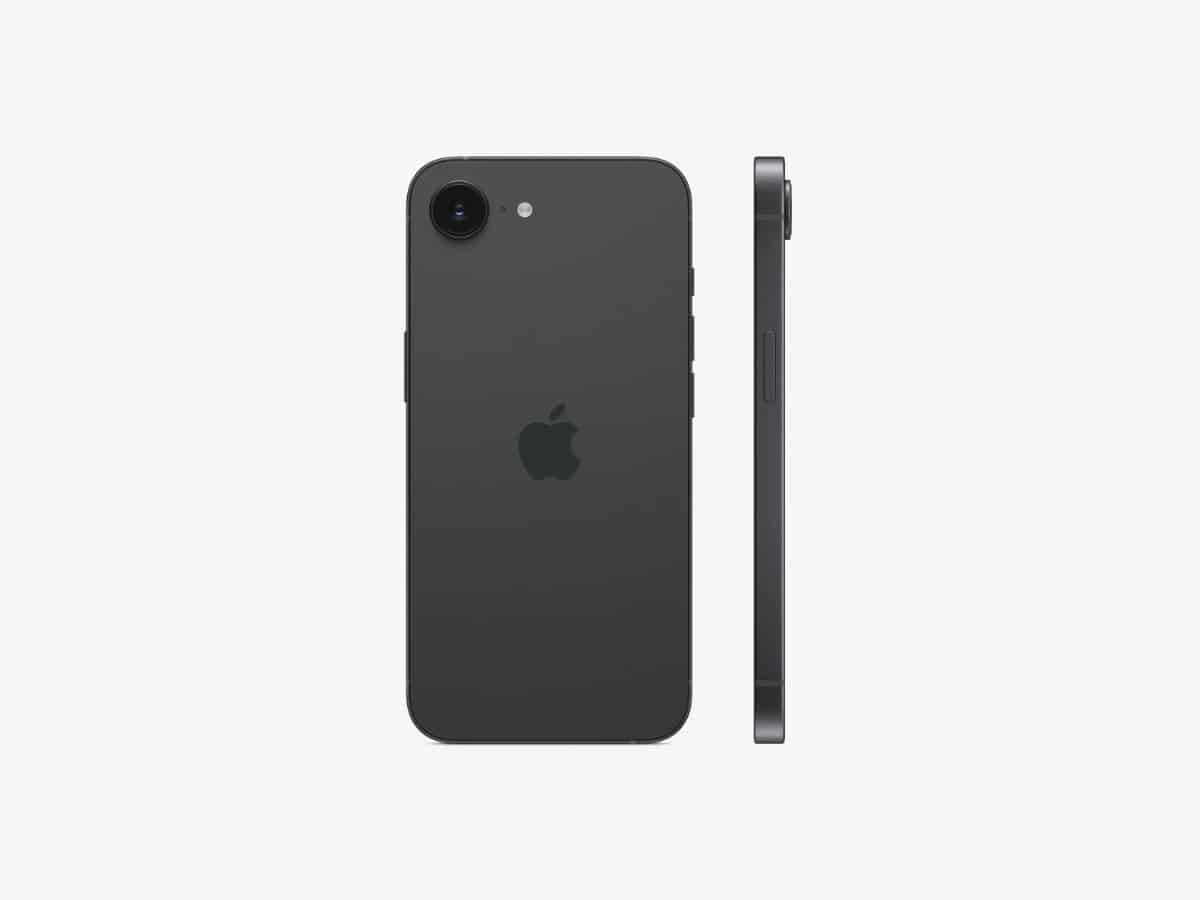
Tech Specs
While the new iPhone 16e is certainly a lower-cost entry point into the Apple ecosystem, that doesn’t mean it’s necessarily a budget device. In fact, it’s using similar parts to the recently released iPhone 16, but features a single 48MP wide-angled camera on the rear and a smaller battery.
The new A18 chip, which performs quite well and is serving as the lynchpin in Apple’s mobile AI play, is here, enabling you to get a hold of an enhanced Siri for a bit cheaper than you could last year.
It’s also worth noting here that the Wi-Fi chip used in the 16e is completely Apple designed: this is the first time it’s been officially put out into one of Apple’s devices, and is likely a test case to check its real-world performance before including it in the 17 series later this year.
Here’s the full spec sheet for the new iPhone 16e, as well as a comparison to the iPhone 16
| iPhone 16e | iPhone 16 | |
| Price | From AUD$999 | From AUD$1,399 |
| Display | – 6.1” Super Retina OLED Display – 2536 x 1170 resolution – Ceramic Shield Glass | – 6.1” Super Retina OLED Display – 2556 x 1179 resolution – 60Hz Max Refresh Rate – Ceramic Shield Glass |
| Operating System | iOS 18 | iOS 18 |
| Internals | – Processor: A18 – RAM: 8GB – Storage: 128GB, 256GB , 512GB | – Processor: A18 – RAM: 8GB – Storage: 128GB, 256GB, 512GB |
| Networking | – 5G – Wi-Fi 6 – Bluetooth 5.3 – NFC Capable | – 5G – Wi-Fi 7 – Bluetooth 5.3 – NFC Capable |
| Camera | Front: 12MP Rear: 48MP (wide) Can record up to 4K@60fps Can record slow motion 1080@240fps | Front: 12MP Rear: 48MP (wide), 12MP (ultrawide) Can record up to 4K@60fps Can record slow motion 1080@240fps |
| Battery | Battery size has not yet been confirmed Roughly 26 hours of normal use | 3,500mAh |
| Other Features | – Single USB 2.0 Type-C port – Face ID – Qi Wireless Charging Compatible – IP68 dust/water resistant (up to 6m for 30 mins) – Action Button – Apple Intelligence | – Single USB 2.0 Type-C port – Face ID – Qi2 Wireless Charging Compatible – IP68 dust/water resistant (up to 6m for 30 mins) – Apple Intelligence |
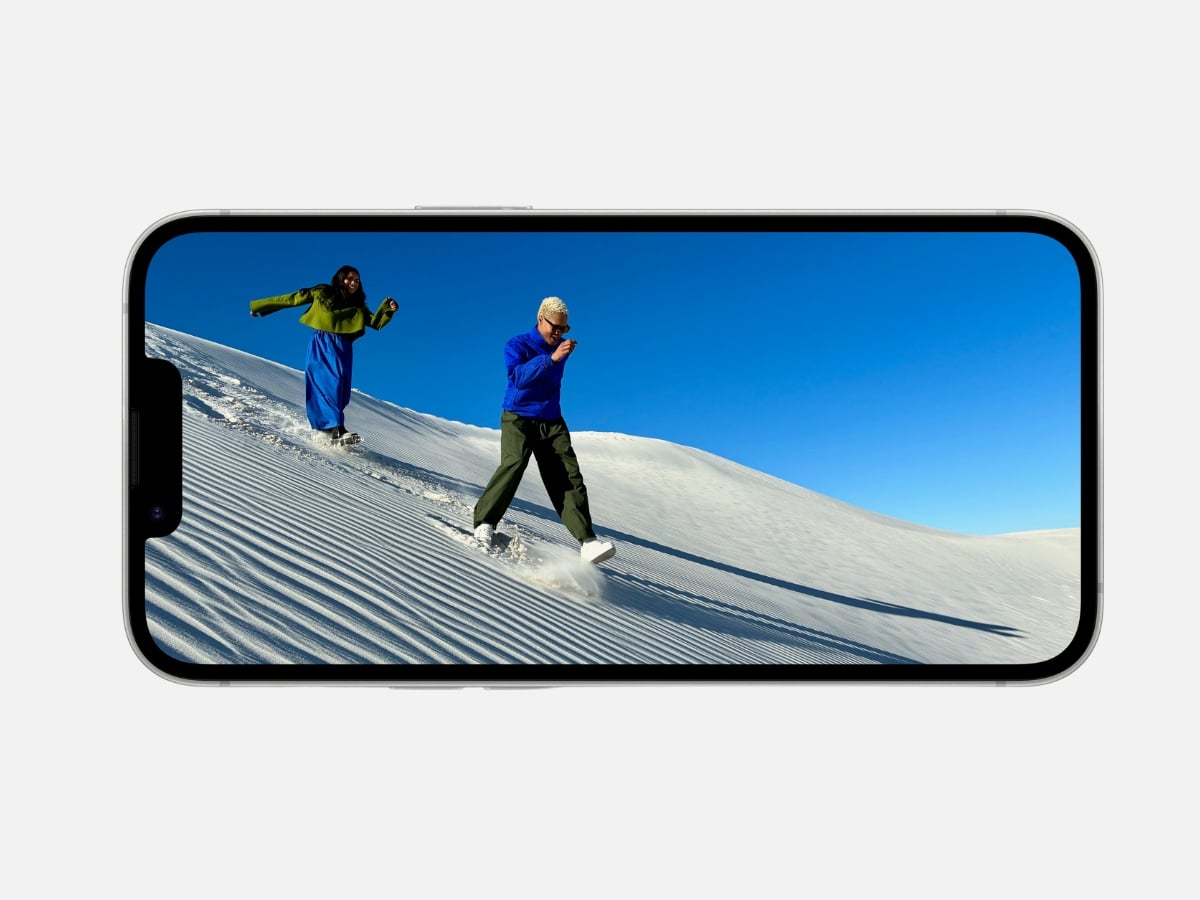
How has the 16e’s Design Changed?
Probably the most speculated on part of the new iPhone 16e ahead of being shown was how the design would change. The iPhone SE (2022) retains an older design harkening back to the iPhone 8, but it wasn’t expected that that design would return in 2025.
Rather, the new 16e has taken design cues from the iPhone 14 – eliminating the home button once and for all and reducing the bezels to create a far more aesthetically modern device, while still keeping the cost down.
Another major change to the device is the inclusion of a USB Type-C port for charging, compared to the previous version’s Lightning cable. Apple has been gradually phasing the Lightning cable out of its products in order to stay in-line with European Union law.
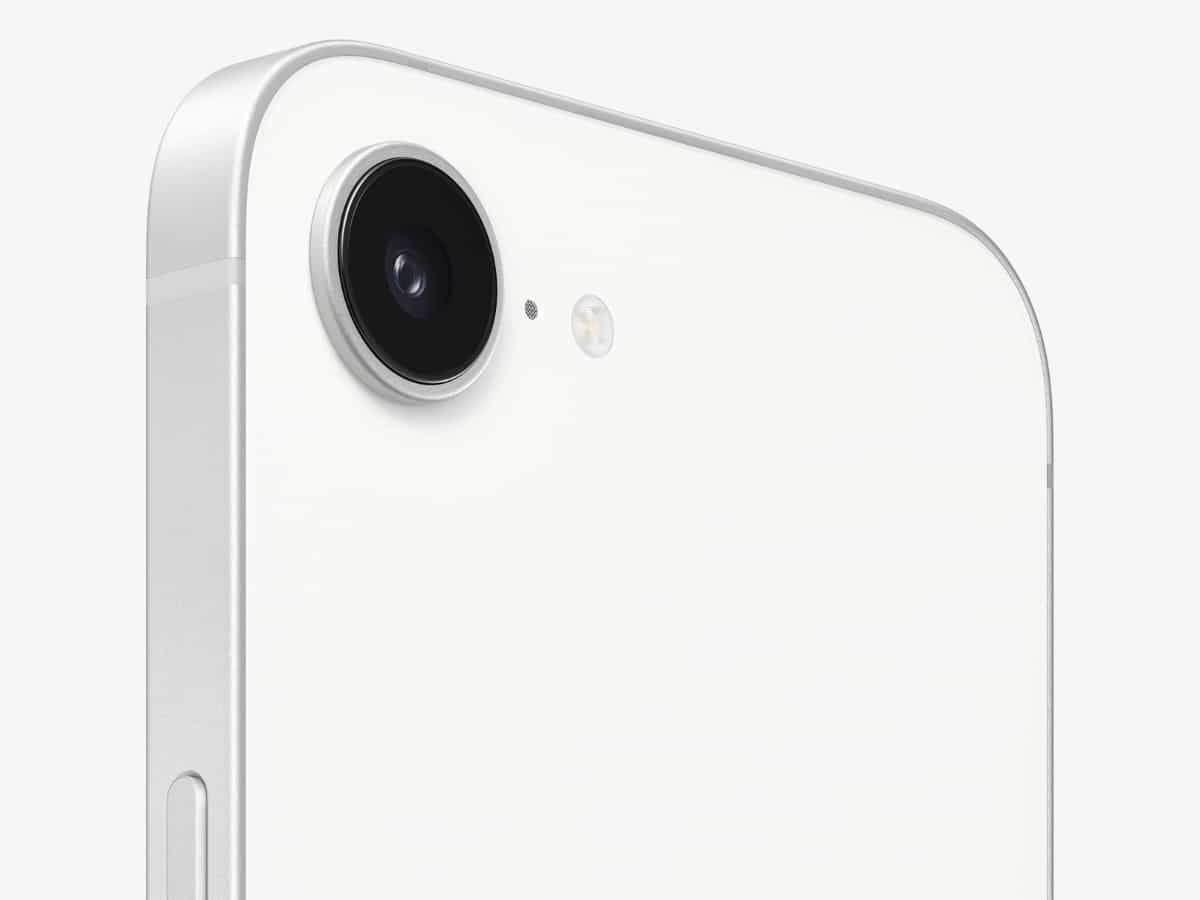
Can Apple be Affordable?
While many of the most expensive phones on the market have their place (largely in the pockets of content creators and tech heads), for the most part, the base-tier phones have often been more than enough for the vast majority of people. The iPhone 16, for example, is a fantastic bit of kit that will delivers 95 per cent what it’s bigger, more expensive ‘Pro’ brother does, and is ultimately a better value purchase because of it.
The 16 has become even better value considering many people are struggling in the grips of a cost-of-living crisis, and aren’t so ready to part with a large sum of money simply because of more luxurious marketing. This is, in my mind, where the 16e comes in.
In prior generations, Apple’s SE line hasn’t made a ton of sense as a mass-market product, instead serving as Apple’s ‘budget’ device for less techy consumers, or those that genuinely know what they need. Now, though, the 16e could be a good value product for most people – delivering a lot of what makes the base-level iPhone 16 compelling in a cheaper chassis.
Unfortunately, it’s not that much cheaper though. AUD$999 is still pretty pricey for a ‘budget’ device.
Apple isn’t the only phone maker to more blatantly target budget shoppers: Nothing recently unveiled their Nothing Phone (3a), a cheaper alternative to the Nothing Phone (3) which hasn’t even been shown off yet and won’t come until later this year, while Google is tipped to drop the Pixel 9a in the next few months.
In the tech space, it seems the battleground of 2025 will be budget-conscious shoppers, and Apple is the first cab off the rank.
When is the 16e Launching?
The iPhone 16e will be launching on 28 February, starting from AUD$999. Pre-orders start on 22 February.
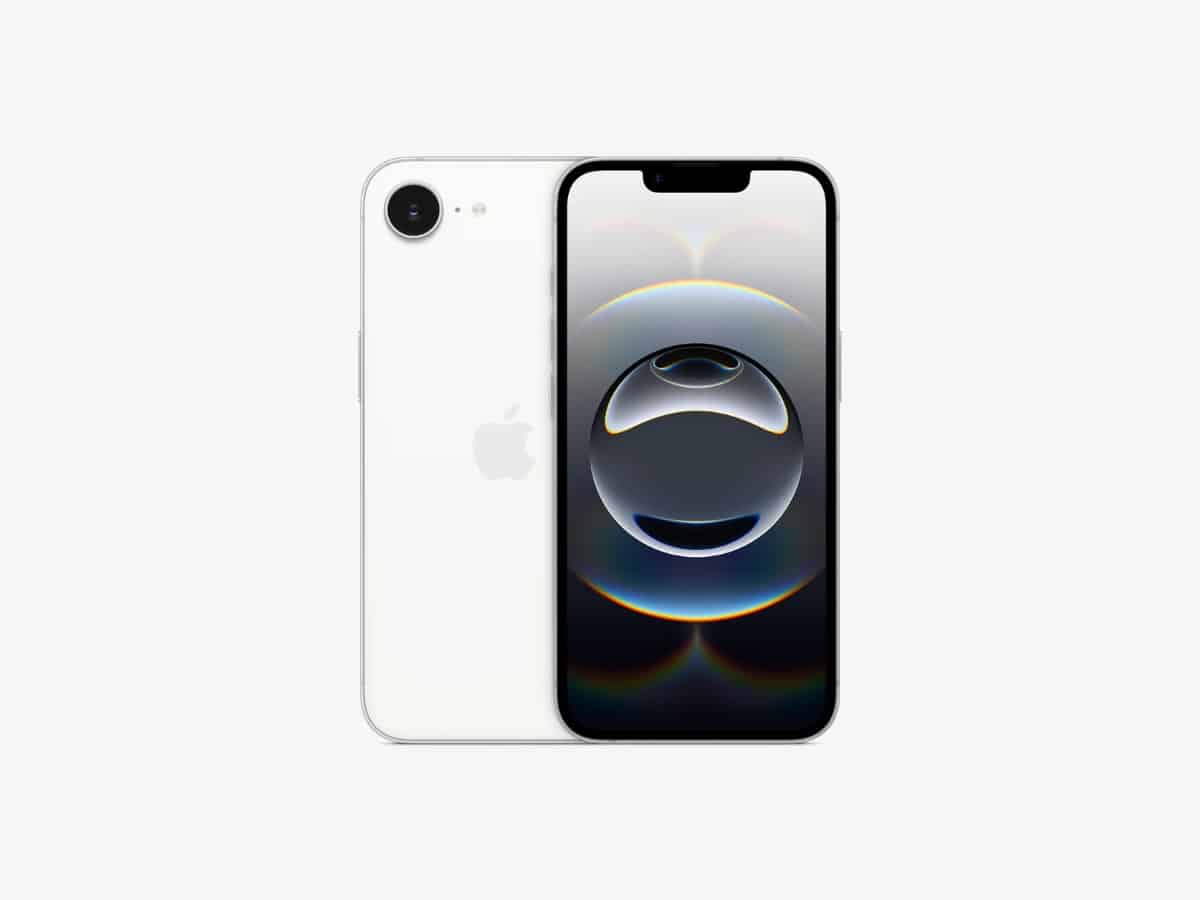




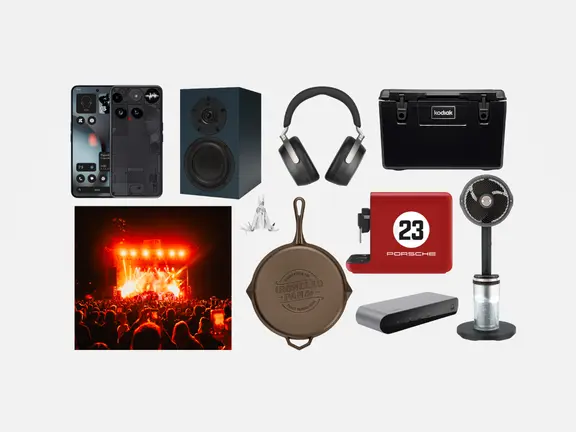

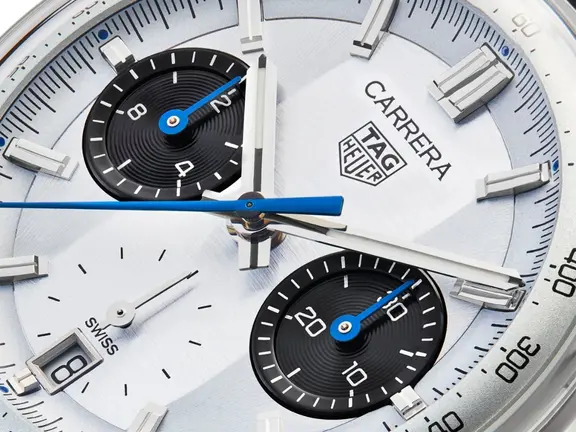

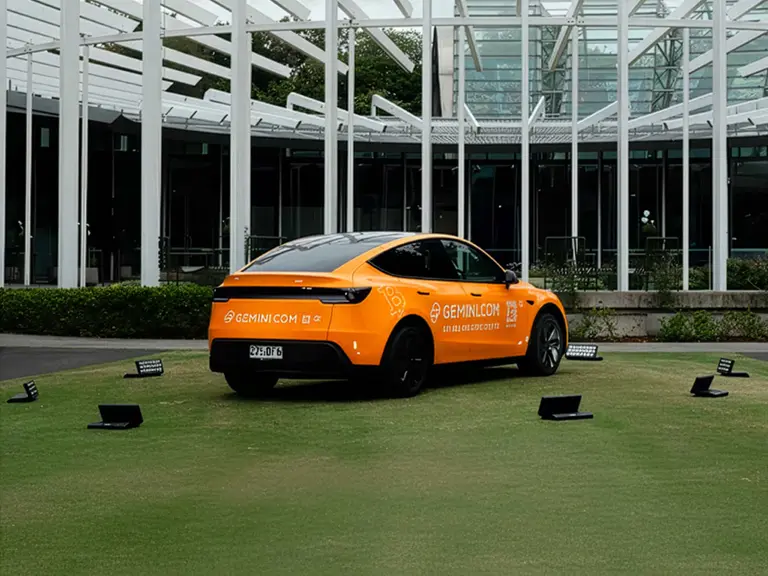
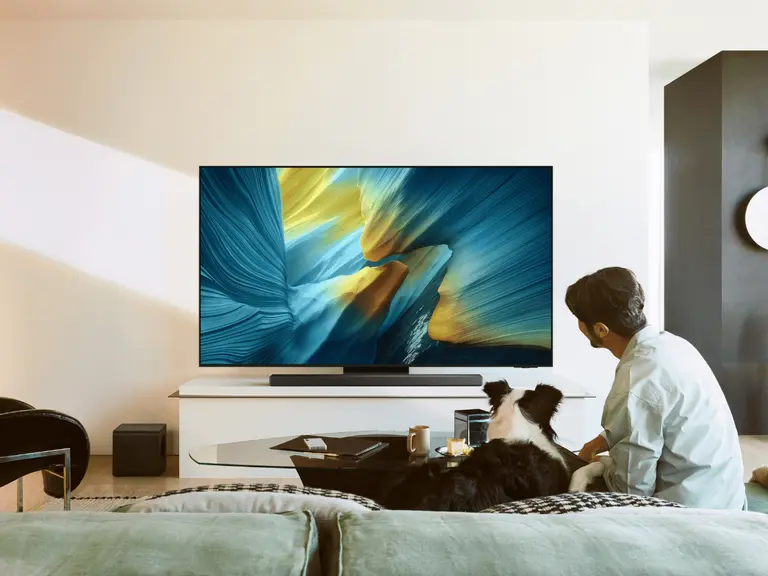


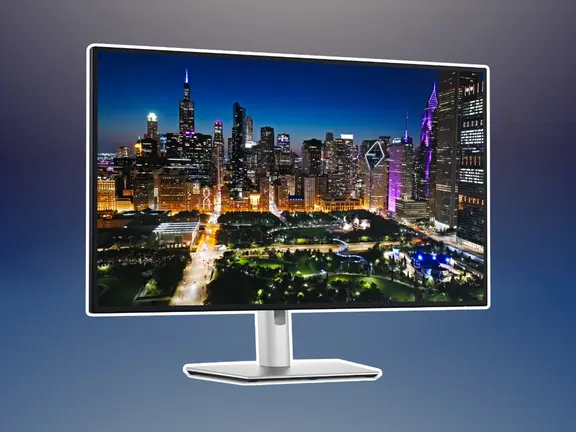

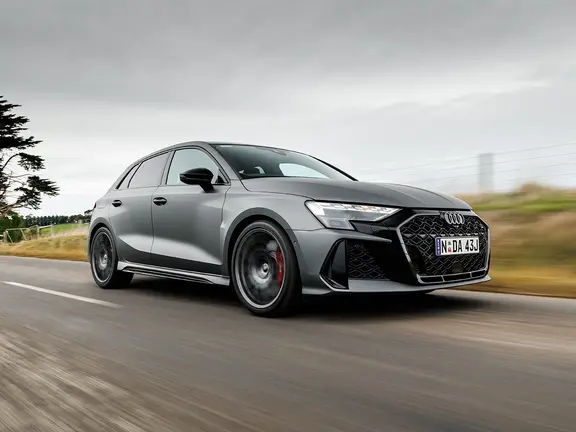

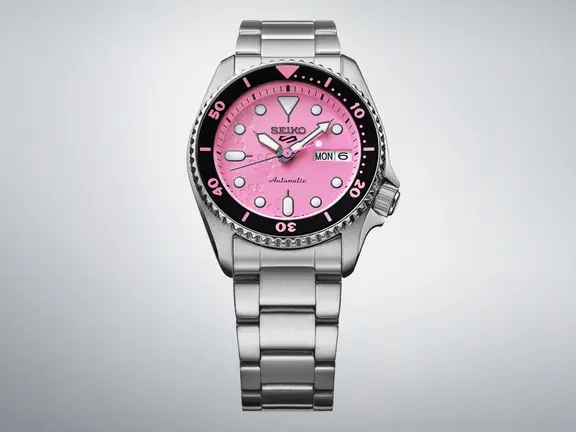

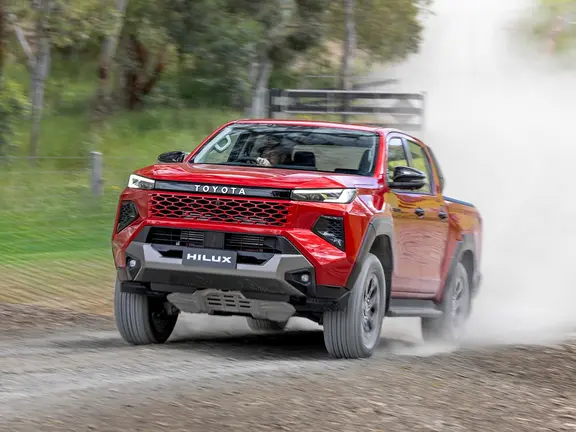



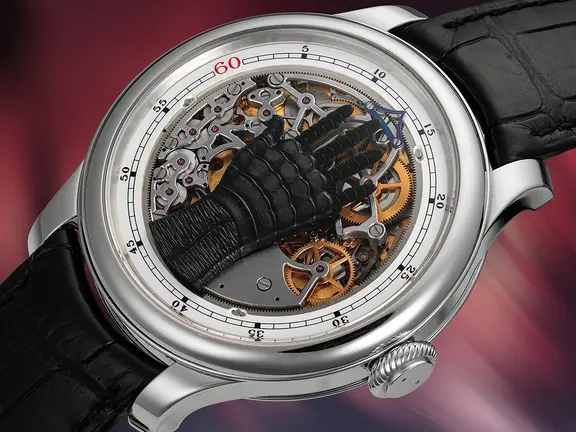




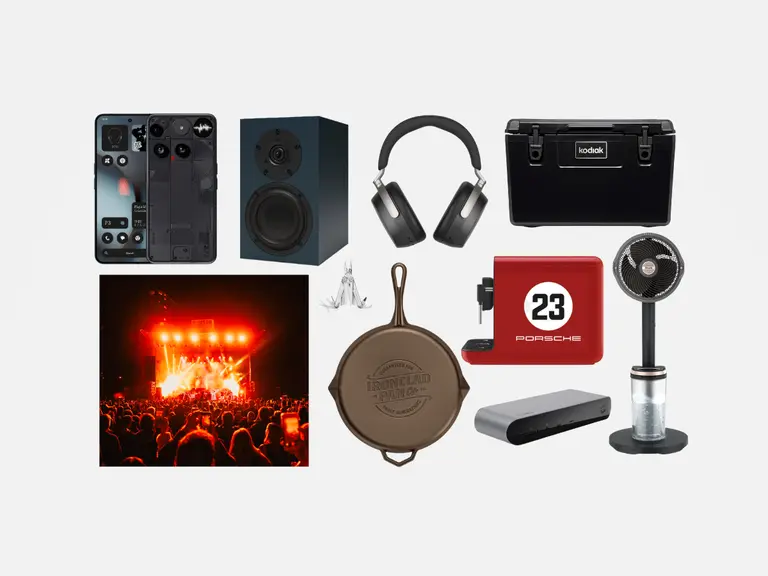


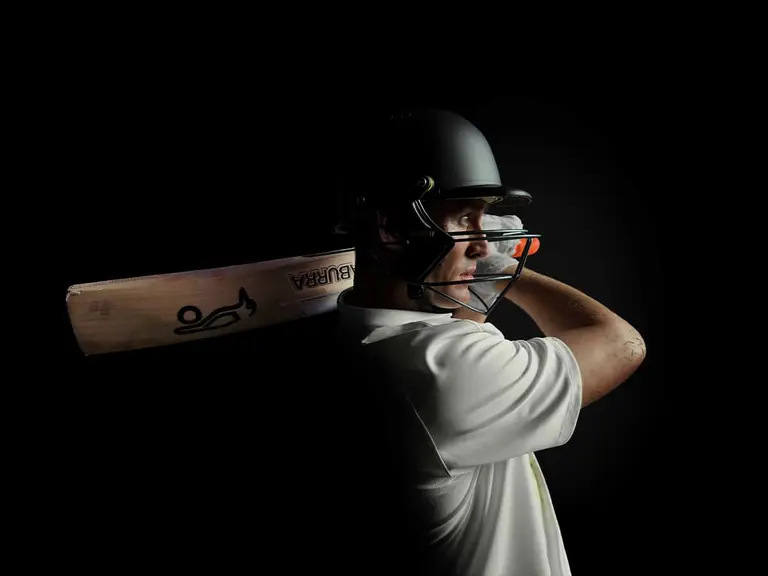

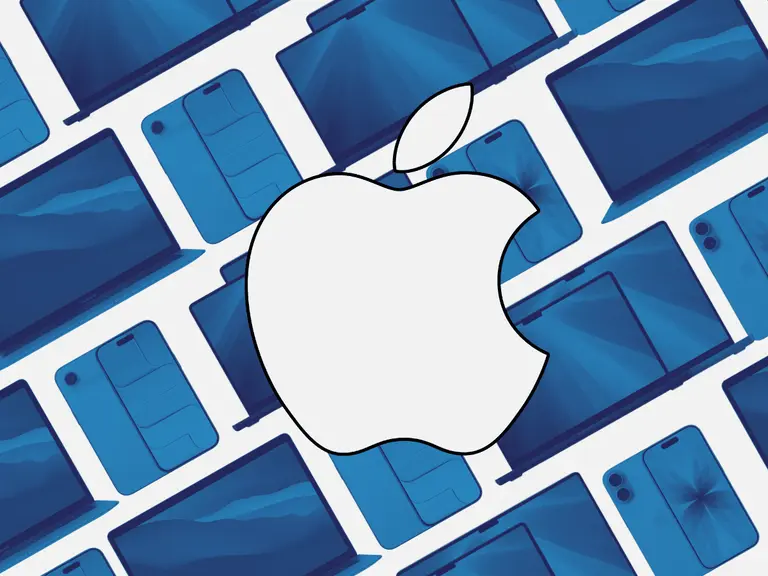

Comments
We love hearing from you. or to leave a comment.